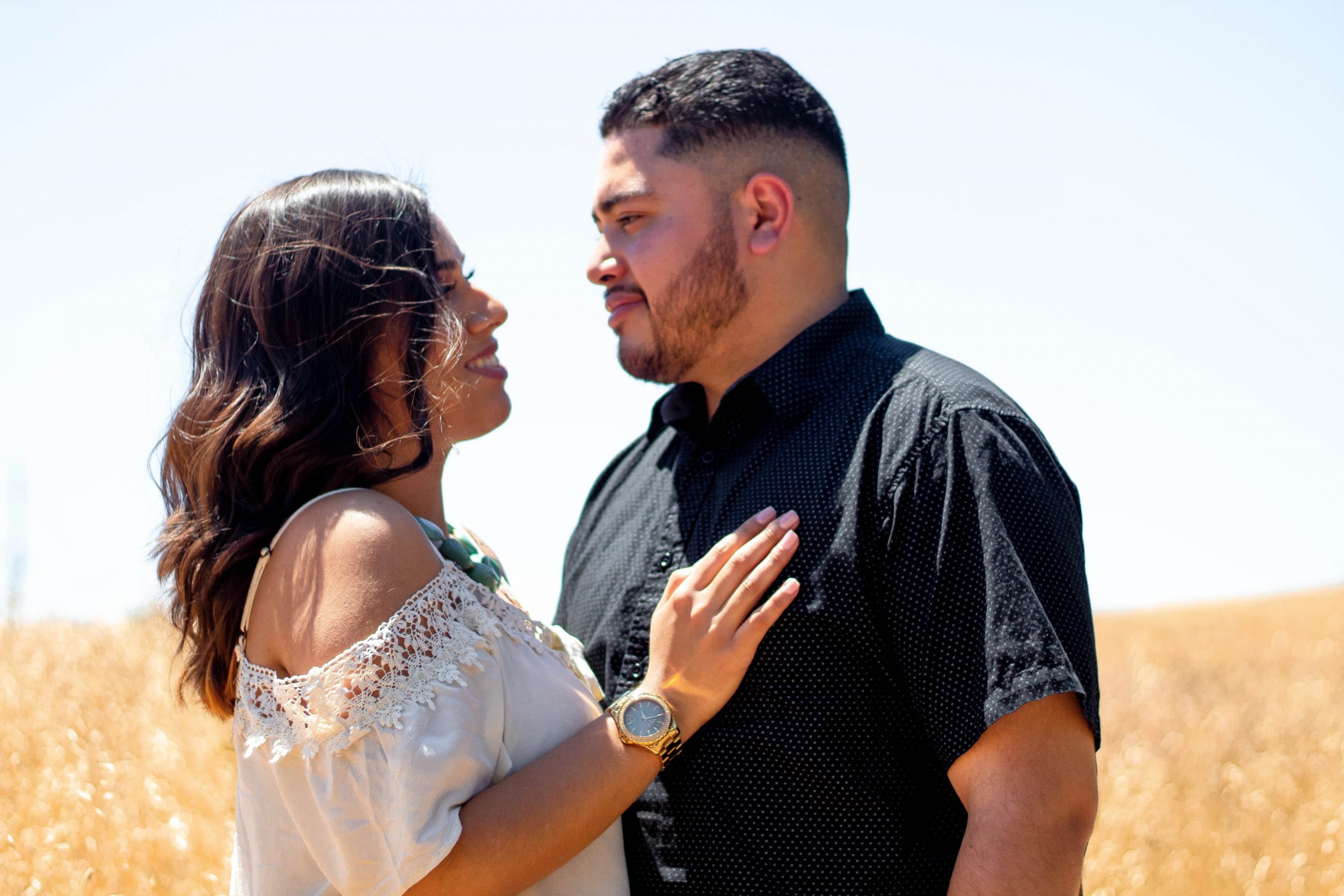By Elizabeth Fedrick, PhD, LPC —
“Evaluating the benefits and drawbacks of any relationship is your responsibility. You do not have to passively accept what is brought to you. You can choose.”― Deborah Day
It was 7pm on a Friday night, our whole group of friends were at the mall just as we normally are on Friday nights, our whole group of friends, except for me that is. This Friday night I sat alone on my bed, with the sound of Netflix in the background, as I stared at my phone willing it to light up with the one text I had been waiting for. Maybe something is wrong with my phone. I shut it off and turned it back on, that should help. Nope, no text. Or wait, it looks like my reception isn’t that great, let me move out into the living room, that might help. Still, no text. During lunch at school, when we were talking about our plans for the evening, he told me that I shouldn’t go out with my friends and we could spend our evening talking instead. The problem is, I had texted him two hours ago, and still nothing. Around 10pm, my phone finally lit up, it was him, telling me that he had decided last minute to go out with his friends and forgot to let me know earlier. And there I sat, with the text I had been waiting all night for, feeling lonely, sad, frustrated, and heartbroken.
We have all been there. We have all made choices for a relationship, whether romantic or friendship, that we later regret and cause us to feel angry and mistreated. In the above scenario, it is easy to point out that it was her choice to stay home alone in order to wait for a text, and what a silly choice that was. However, when engaging in honest self-reflection, we can certainly recognize the ways in which we all make choices in order to feel loved, accepted, and valued by others.
Relationships can be very tricky when attempting to decipher the fine line between appropriate compromise versus betraying our own wants, needs, and boundaries.When contemplating what a healthy relationship looks like, there are a few things to consider:
- Safety: Does this relationship feel safe, both physically and emotionally? Do I feel that I can be myself and openly express myself without fear of physical or emotional repercussions?
- Boundaries:Am I willing to say no to things that I don’t like or that make me feel uncomfortable?Are we able to enjoy our own hobbies and friends without fear of upsetting our partner?
- Respect: Are my thoughts and opinions listened to and understood? Am I supported, encouraged, and appreciated, even if my views differ from my partner’s?
- Trust:Can I believe what my partner tells me is true? Do I often find my partner lying or misleading me?
- Communication& Compromise:Are we willing to talk about things that are bothering us? When we do talk, do we respectfully listen to each other and take each other’s perspectives into consideration? Are we willing to compromise to ensure we both feel good about a situation?
- Fun:Do I enjoy my partner’s company and conversation? Do we share a sense of humor and have similar interests? Do we spend a good amount of our time laughing and having fun?
It is crucial to keep in mind that relationships have the power to do just as much harm as good if we are not careful. Engaging in regular self-reflection and relational check-ins, such as by asking yourself the questions above, is a wonderful way to ensure you are maintaining a healthy and fulfilling relationship.

